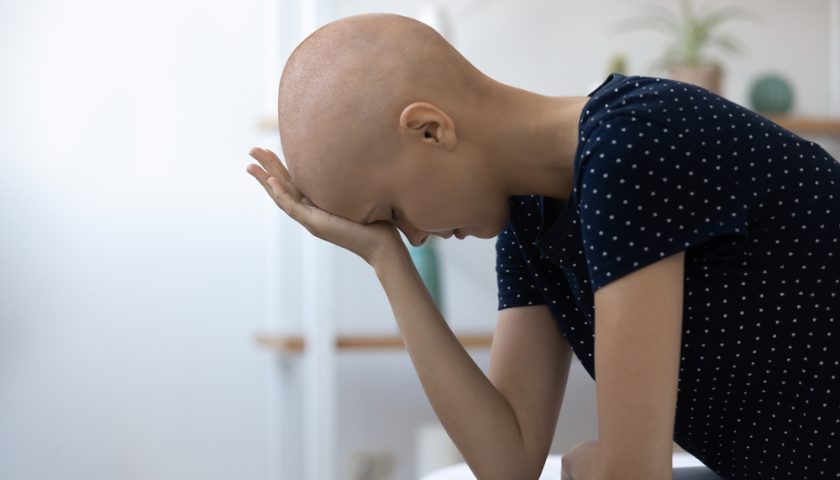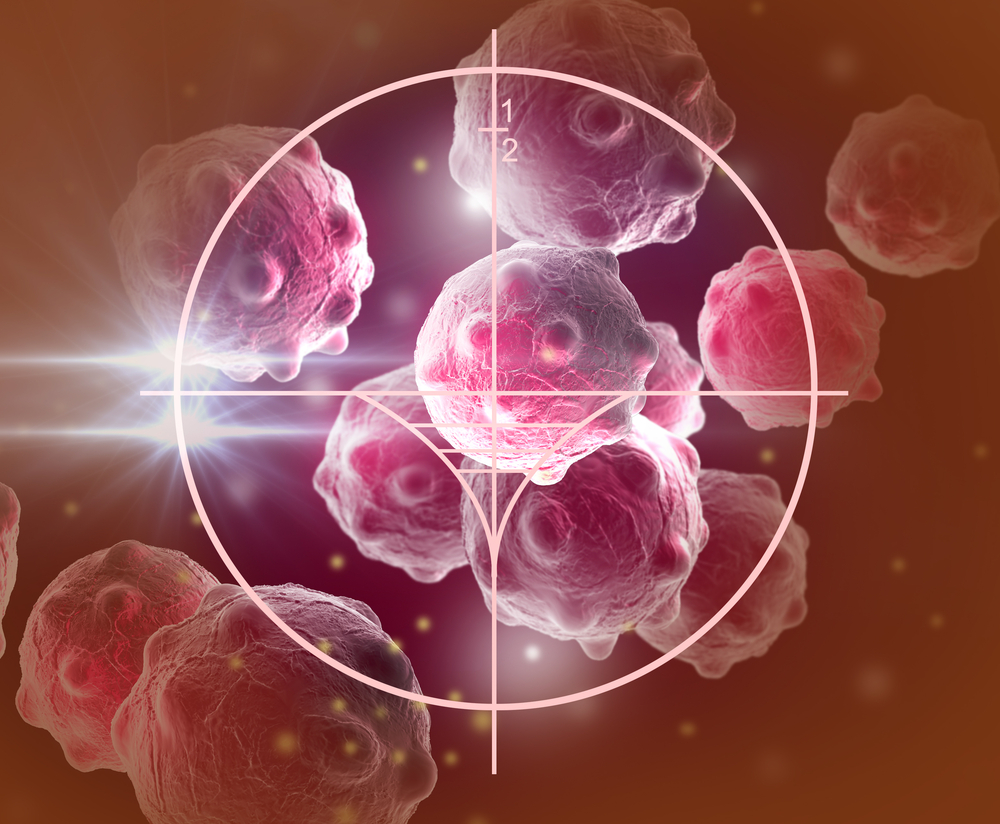It can be scary and stressful to find out you have cancer. From getting a diagnosis to getting better, knowing what to expect can give you the power and help you take charge of your health. This is a general overview of what cancer is, how to spot it, how to treat it, and how to care for yourself after treatment.
The stage of cancer describes the size of a tumor and how far it has spread from where it started. The grade describes how cancerous cells look.
If you have cancer, you may have more tests to see how far it has spread. Stages of cancer and grading cancer will tell the doctors how big it is if it has spread, and what the best treatment options are. Before continuing this topic let’s discuss some concepts such as
What Is Cancer?
Cancer is a disease that develops when cells in your body divide at a faster rate than normal. These abnormal cells grow into a lump — or tumor. There are many types of cancer such as Bladder Cancer.
- Bone Cancer.
- Brain Cancer.
- Breast Cancer.
- Cervical Cancer.
- Colon Cancer.
- Esophageal Cancer.
- Gastric Cancer
According to the World Health Organization, in 2018, there were 173,937 new cases of cancer in Pakistan, of which about 4.1% were cases of leukemia.
The next question that pops up in your mind is the most important question.
Table of Contents
How Many Stages Of Cancer Are There?
You must be wondering, how many stages of cancer are there. Some people might be told that there are five stages but let me tell you. There are four stages to most cancers. The exact stage depends on a number of things, such as the size and location of the tumor:
Stage 1
In stage 1, cancer is confined to a small area and hasn’t spread to lymph nodes or other tissues yet. Then came on cancer
Stage 2
In stage 2, cancer is getting worse but hasn’t spread yet.
Stage 3
Cancer has grown and may have spread to lymph nodes or other parts of the body.
If we talk about
Stage 4
Cancer has spread to other parts of your body or to other organs. This stage is also called advanced cancer or cancer that has spread.
Most people go through stages I through IV, but there is also stage zero. This is the first stage of cancer, which is still confined to the spot where it started. Most health care providers consider cancers that are still in stage zero to be precancerous and easy to treat.
As we have discussed how many stages of cancer are there, the question is why cancer stages matter. Just stay with us and learn important aspects of cancer.

Why Does The Stage Of Cancer Matter?
The stage helps your doctor figure out the best way to treat you. This could include choosing the type of surgery and whether or not to use chemotherapy or radiation therapy. When your whole health care team knows the stage of your cancer, they can talk about it in the same way.
Stages can also be used by doctors to:
- Find out how likely it is that cancer will come back or spread after the first treatment.
- Help predict the prognosis, which is the chance that the person will get better.
- Find out what cancer clinical trials you might be able to take part in.
- Find out if the treatment worked.
- Compare how well new treatments work on large groups of people with the same diagnosis
Now move to the further queries that will help you to understand the stages of cancer.
What Are The Tests That Can Be Used In Stages Of Cancer?
The stage of cancer can be figured out with different kinds of exams and tests.
Depending on where the cancer is, a physical exam might be able to tell how much there is.
Imaging tests, such as x-rays, CT scans, MRI tests, ultrasound, and PET scans, can also show how much cancer is in the body and where it is.
Cancer can sometimes be found with the help of endoscopy. For these tests, a thin, lit tube called an endoscope is put inside the body (usually with a small video camera on the end) to look for cancer.
A biopsy is often needed to confirm that someone has cancer. Biopsies may also be needed to find out if a lump felt during an exam or something seen on an imaging test in another part of the body is really from cancer that has spread. During a biopsy, the doctor takes a piece or pieces of a tumor and sends them to the lab to be looked at. During surgery, some biopsies are done. But biopsies can also be taken with a thin needle that is hollow or with an endoscope. Check out Testing Biopsy and Cytology Specimens for Cancer to learn more about biopsies.
Some types of cancer can also be staged with the help of lab tests on cancer cells (from a biopsy or surgery) and blood tests.
What Does TNM Stand For?
The TNM system tells what kind of cancer a person has based on the results of x-rays, scans, biopsies, and other tests.
This is written down in three categories, each of which is followed by the letters TNM and a number or letter that shows how bad the cancer is:
T (Tumor)
T shows how big the primary tumor or cancer is and if it has spread to other tissues nearby. Use the numbers 1 through 4 to find out more about this.
N (Nodes)
One study reveals regional lymph nodes as biological filters that remove fluid from body tissues. N shows if cancer has spread to any lymph nodes nearby and how many lymph nodes are affected. 0 means that there are no affected lymph nodes, while 1–3 show that there are affected lymph nodes and how many.
M (Metastasis)
M shows if cancer has metastasized, or spread from where it started to other parts of the body. 0 means that it hasn’t spread, and 1 means that it has.
Things You Should Know
No matter what happens with cancer, the stage is usually the same as when you were first diagnosed. For example, if you’re told you have stage II lung cancer, that’s what it will be called, whether it spreads or goes into remission. That is when there are no more cancer cells.
This is because how early your cancer is found usually affects your treatment options and chances of getting better. There are many alternative options such as homeopathy treatment for cancer to help you to overcome this disease if you find it in an early stage.
In some cases, cancer may need a new set of tests after treatment or if it comes back after treatment.
